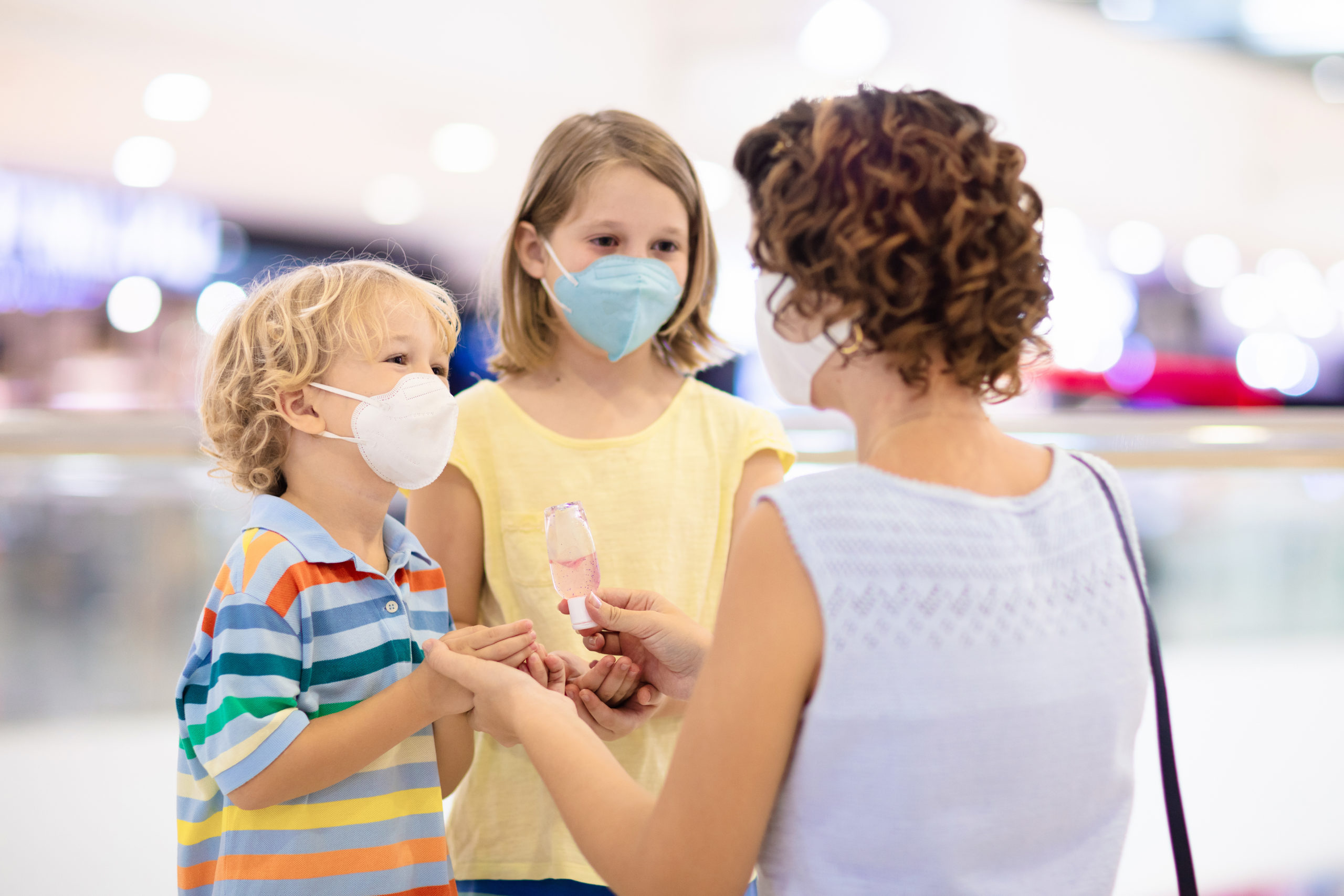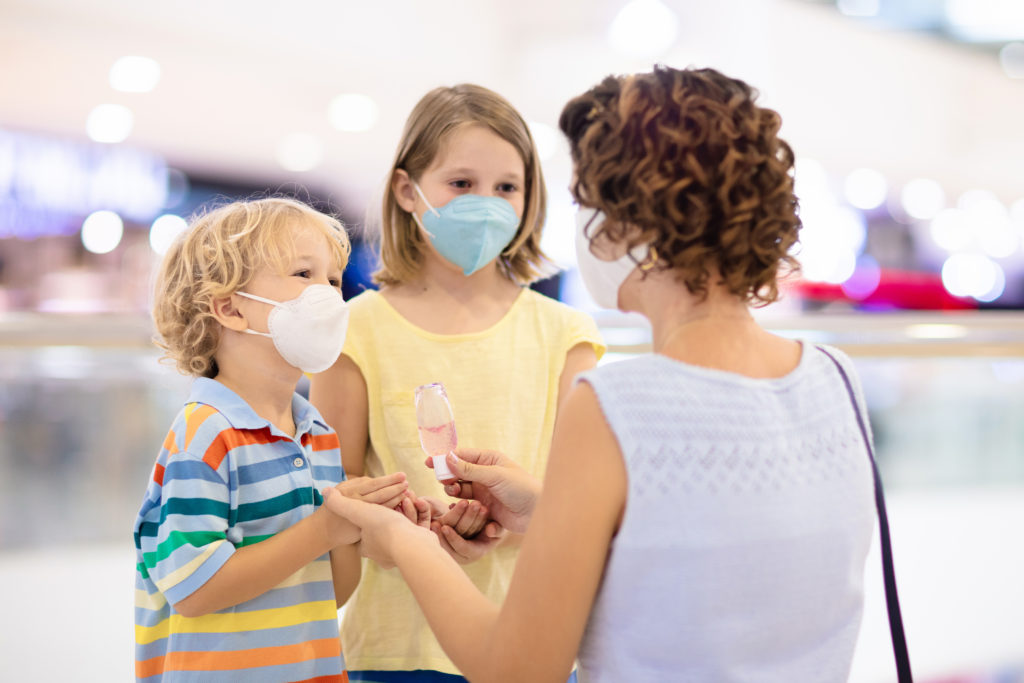
A new study has shown that only a third of 9-year-olds and half of 13-year-olds are willing to have a COVID-19 vaccination compared to more than three quarters of 17-year-olds

In a large school-based survey of students from 9-18-years-old (Years 5 to 13), researchers supported by the Oxford Health Biomedical Research Centre have discovered that the younger you are, the less likely you are to want a COVID-19 vaccination. Those less willing to have a vaccination also often come from the most socioeconomically deprived backgrounds, feel less belonging to their school community and think they have probably had COVID-19 already.
Our survey findings show that children become more willing to have the COVID-19 vaccine as they get older. Younger children more often defer to their parents, or primary caregivers, for decisions about healthcare and vaccination, but our data shows how important it is for good quality, accessible information to be provided to better enable our younger populations to understand more about the COVID-19 vaccine and its effects.
Mina Fazel, Associate Professor, University of Oxford Department of Psychiatry,
The study included over 27,000 students from 180 schools across Berkshire, Buckinghamshire, Oxfordshire, and Merseyside. This is the only large-scale study to ask children and young people about their willingness to be vaccinated against COVID-19. The research highlights a need for more resources to help young people feel confident and encouraged to take the COVID-19 vaccine, should it be made available and offered to them.
The researchers conclude that it is important to provide information to communities and individuals who are not naturally connected with their schools, as well as making sure that access to the vaccination is improved by offering it in a variety of different locations. This is particularly important for young people who value their privacy and prefer to be able to have a vaccination without letting others around them know about their choice to get vaccinated.
As vaccination programmes for COVID-19 are rolled out to school populations, more available resources are needed to ensure school students feel the vaccine is safe.
Our data shows that there are similarities with adult populations in that those from more deprived socioeconomic backgrounds are more hesitant to have the vaccine. Therefore, targeting parents and caregivers with information and materials, which specifically address the worries they might have for their children is important.’
Dr Simon R White, Senior Research Associate, University of Cambridge
In addition, health messaging about vaccine safety and its effects on children:
- needs to be targeted to school-aged children and to their parents/caregivers,
- must be delivered and provided in ways and in locations where it will be seen by a wide range of the population
- should be effectively shared by trusted sources on social media, as survey findings show that the young people who are most hesitant about having the vaccine use social media more.
Our findings suggest it will be essential to reach out and engage with young people from poorer families and communities with lower levels of trust in vaccination and the health system. A school-based vaccination program, as planned in England, is one way of helping reduce these health disparities. However, the teenagers who are least engaged with their school communities may need additional support for us to achieve the highest uptake levels.
Professor Russell Viner, UCL Great Ormond Street Institute of Child Health
Funding received from the Westminster Foundation to the Department of Psychiatry, University of Oxford, the National Institute for Health Research (NIHR) Applied Research Collaboration Oxford and Thames Valley and the NIHR Biomedical Research Centre, both at the Oxford Health NHS Foundation Trust.
To read the full paper, Willingness of children and adolescents to have a COVID-19 vaccination: results of a large whole schools’ survey in England.

